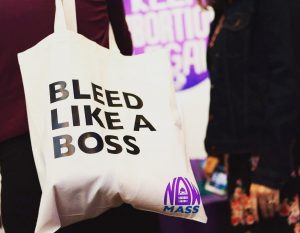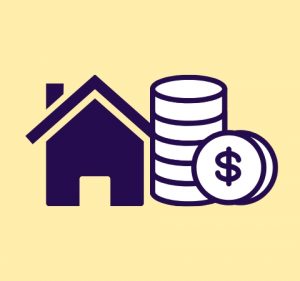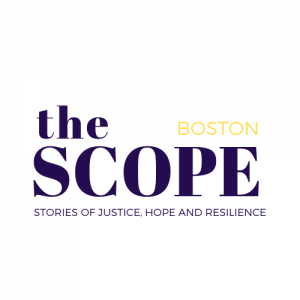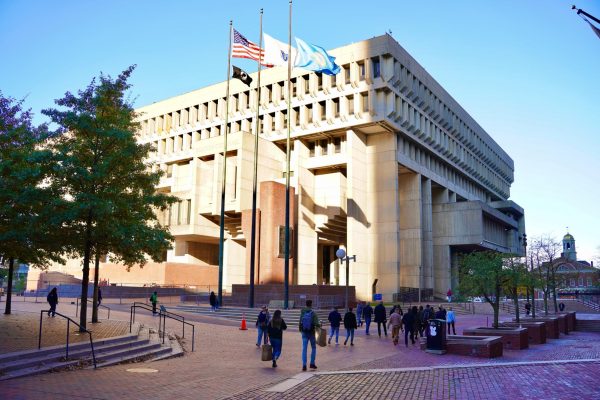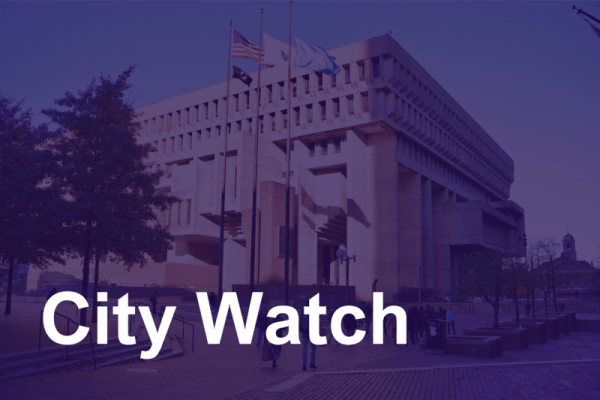City council addressed environmental injustice, LGBTQ+ inclusivity and support for Black business owners
The city council this week addressed environmental injustice, LGBTQ+ inclusivity and acknowledged the Boston Black Hospitality Coalition and its efforts to support Black business owners during the pandemic.
Funding programs to help alleviate housing and economic crises caused by COVID-19 – Docket 0998
Councilor Lydia Edwards, chair of the committee on housing and community development, and Councilor Ed Flynn held two hearings on temporary rental assistance and eviction support. Docket 0998 would allow the city to accept and spend $9 million to fund these programs through a grant from the federal Department of Housing and Urban Development, as Boston residents continue to struggle economically during the pandemic.
The city has received about $8 million in federal support so far, half of which has been spent to support 1,100 families in Boston, according to Edwards. The city recently reopened applications for housing support and 468 more families are about to be considered for financial assistance. The additional $9 million granted by this docket will continue to support rent relief, and the city could ultimately receive up to $18 million for this program through the CARES Act and other grants.
“This $9 million ultimately is not going to be used this year but will be added to the [communal fund] to really help us support, sustain and stabilize our neighborhoods into 2022,” Edwards said.
The docket has been adopted.
Construction of the Josiah Quincy Upper School at 900 Washington St. – Dockets 1085 and 1086
Councilor Kenzie Bok, chair of the ways and means committee, brought two dockets to the council that would fund construction of a new school building. Planning for the Josiah Quincy Upper School, according to Bok, has been in the works for 15 years.
There have been three failed efforts to garner approval and funding on a new site for the school, but Bok said she is hopeful that it is approved this time. The current proposed site is across the street from the Josiah Quincy Elementary School, and would allow the Upper School to serve the same community. The elementary school serves a largely immigrant community and 95% students of color, Bok said.
The council recently held a hearing with school officials and architects, who proposed an innovative design compliant with net zero carbon emissions requirements for municipal buildings. The two dockets would pay for construction of the most expensive school ever built in Boston. Docket 1085 allotted $182 million to construction of the school, while Docket 1086 reallocated $8 million from a sale of city land that was promised to the school. Because the project is being pursued in partnership with the Massachusetts School Building Authority, though, up to $54 million of that funding is eligible to be reimbursed by the state.
Because Docket 1085 adjusts the city’s total capital budget, it requires two positive readings two weeks apart. It has been assigned to the ways and means committee for further action, and a second reading Dec. 2. Docket 1086 has been adopted.
Ensuring gender inclusivity on city forms – Docket 1100
Councilors Michelle Wu and Liz Breadon proposed an ordinance to the council which would amend Chapter VI of the City of Boston Municipal Code, adding a new section to expand representation for LGBTQ+ people on city forms.
Both councilors have had constituents reach out to them about the importance of gender inclusivity on official documents. While the Massachusetts RMV announced nearly a year ago that it would include gender X markers on licenses in the state, documents like marriage licenses and birth certificates in Boston continue to only offer male and female checkboxes.
Breadon said she is waiting on a full report from the Office of Intergovernmental Relations listing all city forms and documents that require residents to list their gender identity. The proposed change to city code would require all these documents be amended for inclusivity.
“There’s tremendous continued discrimination, marginalization and violence particularly towards our trans and gender nonconforming residents, and when your form of ID doesnt match your gender identity, or when your documents and licenses do not match your gender identity, that is one more way in which we’re perpetuating that,” Wu said. “We need to look at every document and the ways that we can be fully inclusive.”
The docket was assigned to the committee on government operations.
Order for hearing on creating city level Conservation Corps – Docket 1101
The original Conservation Corps, created by Franklin Delano Roosevelt under the New Deal, planted over two billion trees in the United States, in addition to creating many of the hiking and walking trails still in use today. Drawing inspiration from other cities that are now creating their own Conservation Corps, Bok wants to expand opportunities for marginalized individuals to work and accelerate climate focused projects to meet Boston carbon neutrality goals.
“Other cities like Los Angeles, Austin and Seattle are utilizing their new local Conservation Corps, which are staffed by young people, people who have lost jobs due to COVID-19 or people transitioning out of homelessness,” Bok said. These staffers plant trees, tend to native plants, install green infrastructure and solar panels and more.
Boston city council has supported the national Green New Deal, and Wu proposed a Green New Deal for Boston just this year. Creation of a Boston Conservation Corps would emphasize equity in environmental justice work, so that those most at risk under climate change would benefit from a booming new industry. Bok proposed two potential plans for staffing this organization, either working with unions to provide marginalized residents a path into union-protected work or creating a dedicated workforce of city employees. Either way, the project would emphasize racial and economic equity.
“I’m introducing this today in hopes that in the decades to come, we will be able to look back on the actions that we took and know that we did our very best to meet the simultaneous crises of climate change, racial and economic justice and COVID-19 head on for the future of our city,” Bok said.
The docket was assigned to the committee on environment resiliency and parks.
Roslindale wetlands urban wild preservation – Docket 1103
Approaching the one year anniversary of Boston Mayor Marty Walsh signing an ordinance on the protection of Boston wetlands, Councilor Matt O’Malley wants to include 108 Walter St., in Roslindale, as a protected area. Docket 1103 would allocate a grant to this purpose, purchasing the land with city funds and designating the land as an urban wild area.
This docket was personal for O’Malley, who spoke of his grandmother’s house on this land, and his father growing up in that house. In his childhood, it seemed likely that the land would be bought and developed. Residents of Roslindale worked together and petitioned the city government to protect the fields, and the land would be used both for preservation of wetlands and development of affordable housing — a win for both the city and the Roslindale community.
“It’s a home run,” O’Malley said.
Councilor Ricardo Arroyo co-sponsored the docket, adding that this is an affluent community, and that the city needs to put this much effort and funding into protecting other neighborhoods without the same resources.
The docket was adopted.


